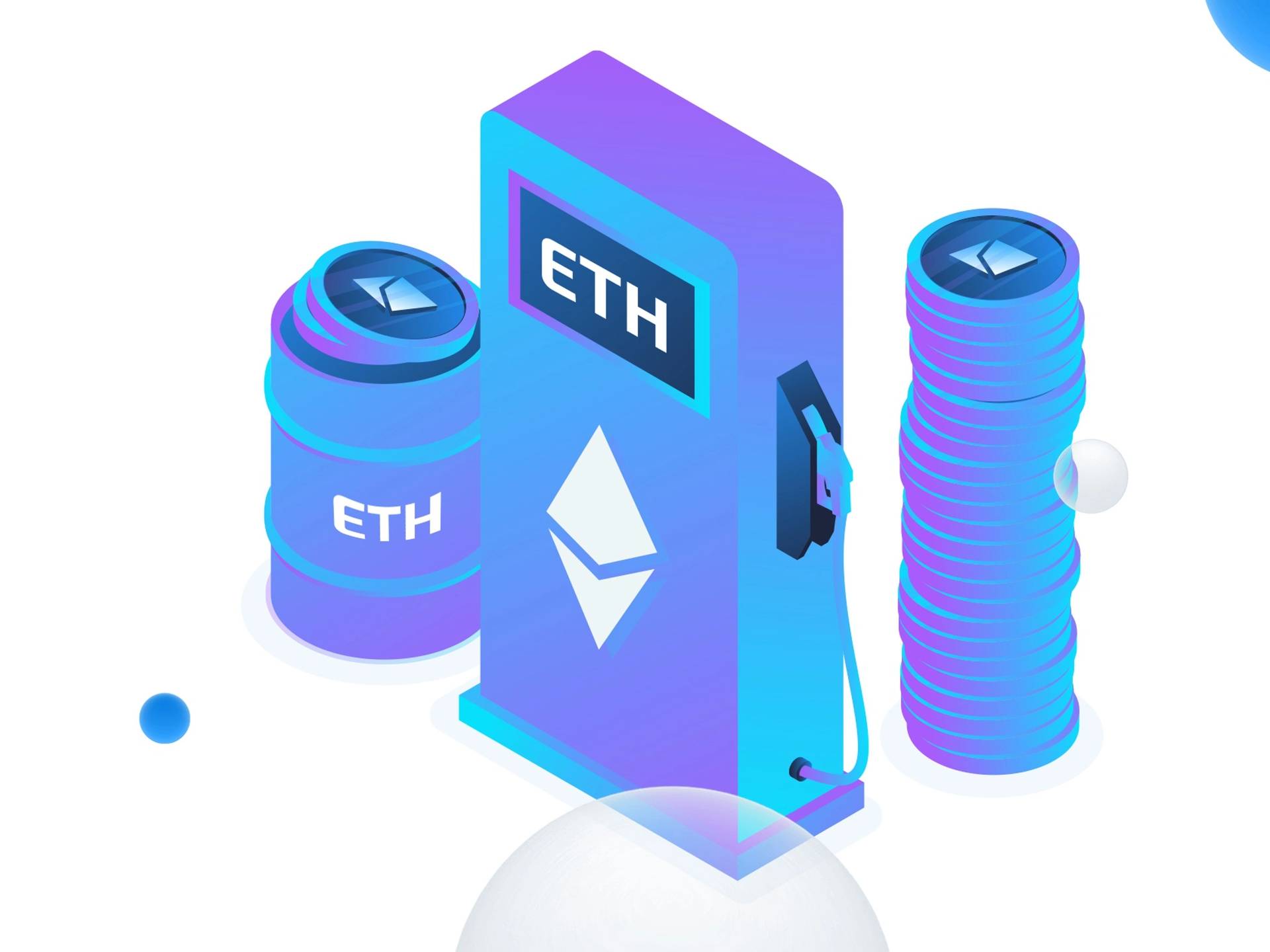订阅 wiki
Share wiki
Bookmark
Gas
0%
Gas
Gas 是在 区块链 上成功进行交易或执行合约所需的费用。交易所需的 gas 量取决于其复杂性。Gas 以网络的原生 加密货币 支付,例如 以太坊 网络上的 以太币 (ETH)。[1]
概述
Gas 是用户支付给 区块链 协议上的矿工的 交易费用,以便将其交易包含在 区块 中。Gas 价格由供需决定,并可能根据网络拥塞情况而波动。如果对交易的需求量更大,矿工可以选择包含支付更多费用的交易,从而迫使用户支付更多费用以使其交易能够快速有效地处理。
Gas 费用是智能合约区块链特有的。以太坊是第一个使用 智能合约 的区块链,也是第一个引入 gas 费用实践的区块链。如今,许多竞争性的 Layer-1 区块链,如 Solana、Avalanche 和 Polkadot 都会收取 gas 费用才能使用其网络。[6] 以太坊网络的 gas 费用以 以太币 (ETH) 的微小分数计价,称为 gwei。如果网络非常繁忙且矿工难以跟上,gas 价格会上涨。如果网络处于较慢的时期且挖矿能力过剩,价格会下降。[1][3][4]
以太坊 Gas 费用
以太坊有两种验证系统,工作量证明 (PoW) 和 权益证明 (PoS)。每种系统以不同的方式验证交易。PoW 使用加密货币矿工来批准交易,而 PoS 使用投资者质押的以太坊。在这两种情况下,都会支付 gas 费用以换取验证交易。[5] Gas 费用通常以 gwei 衡量,一个 gwei 等于 0.000000001 ETH。[2] $$widget0 [YOUTUBE@VID](Yh8cHUB-KoU$$
ETH Gas 费用计算
以太坊 是最大的智能合约区块链,在 2021 年伦敦升级之后,计算以太坊加密货币费用的公式如下:
- Gas 费用 = Gas 限制 * (基础费用 + 可选小费)
这里,“gas 限制”是在 区块链 上用于交易的最大 gas 量,以“单位”衡量。默认情况下,以太坊 区块链将 gas 限制设置为 21,000 个单位。“基础费用”是在区块链上发送交易需要支付的 ETH 的最低金额。这些费用以 gwei 衡量,一个 gwei 等于 0.000000001 ETH。以太坊的基础费用会根据网络活动而增加或减少。“可选费用”是用户可以在基础费用之上添加的可自由支配的费用,以鼓励矿工优先处理某些特定交易。[6]
然而,高昂的 gas 成本可能会成为某些用户的进入壁垒。有很多方法可以减少交易所需的 gas 量,例如使用不太复杂的交易或优化智能合约的代码。还有许多项目,例如 Polygon、Arbitrum、Loopring 等,正在努力减少以太坊网络的整体 gas 消耗。
发现错误了吗?
